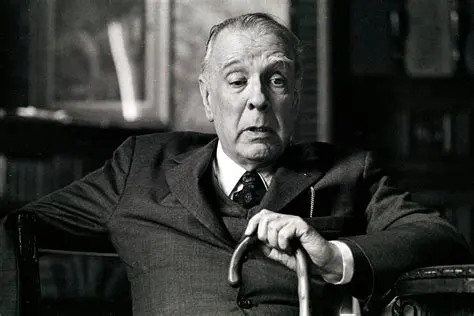(This isn’t particularly original or very well written, just a writing exercise.)
The house had grown still, the hum of the day settled into silence. I lingered by my child’s bedside, watching the rhythm of their chest rise and fall under the soft cocoon of blankets. Their voice came suddenly, small yet sharp, slicing through the stillness like the cry of a bird startled in the dark.
“Daddy,” they whispered, “I think there’s someone in my closet.”
My breath hitched, though I wasn’t sure why. The room seemed untouched by anything other than the usual shadows that leaned long across the walls. I forced a smile, rehearsed and hollow. “There’s no one in there,” I said, though my gaze had already shifted to the door, half-cracked open like a mouth withholding secrets.
“Check,” they urged, their voice tinged not with fear, but with certainty—a solemn demand, as though they already knew what I would find.
I crossed the room, the floorboards groaning under my weight. The closet door was cool beneath my fingertips. With a single motion, I flung it wide, bracing for some revelation: a stranger, a shape, a story waiting to unfold.
But there was only emptiness, the void of neatly hung clothes and the faint scent of lavender sachets. No monsters, no intruders. Relief flickered but did not settle. My eyes caught on a scrap of paper pinned to the inside of the door—a strange, almost defiant addition to the barren space.
The handwriting on it was unmistakably mine. She isn’t real.
The words sat like an anchor in my stomach, pulling my thoughts into unsteady waters. I stared at the note, my own script curling mockingly, an echo of something I didn’t recall writing.
Behind me, the child’s breathing was steady, unperturbed. “What does it say?” they asked, their voice oddly detached, like the question wasn’t theirs but belonged to some other, unseen presence.
I crumpled the note in my fist, the paper brittle as old leaves. “Nothing,” I lied, my throat dry.
Turning back, I saw them lying exactly as I had left them, their face serene in the amber light of their bedside lamp. Yet something felt shifted, as if the room had restructured itself in some imperceptible way. Their eyes, half-lidded and heavy, followed me as I moved. “Is she gone?” they asked.
“Who?” I countered before I could stop myself. The question escaped like a reflex, a crack in the armor of reassurance I had been trying to wear.
“The one who watches,” they replied simply, as though the answer was self-evident.
I hesitated, unsure whether I was humoring a child’s dreamscape or stepping into some darker, more deliberate fiction. “She was never here,” I said at last, but even as the words left my mouth, they felt stolen, as if I were reciting them from a script I didn’t understand.
Their lips curled into a faint smile, so faint it barely existed. “Goodnight, Daddy,” they murmured, turning to face the wall.
I left the room, but I didn’t return to my own bed. Instead, I lingered in the hallway, my fingers still gripping the crumpled note. The words blurred under the pressure of my grip. The shadows along the walls seemed to shift, pulsing faintly with an awareness that wasn’t mine.
Hours later, I returned to check on them. I cracked the door open, expecting the quiet rise and fall of sleep. But the bed was empty, the blankets undisturbed, the air heavy with an unspoken absence.
Inside the closet, the note hung again, pristine and uncrumpled. This time, there was a second line scrawled beneath the first.
You told me she wasn’t real. So why can I see her?
The handwriting wasn’t mine.

